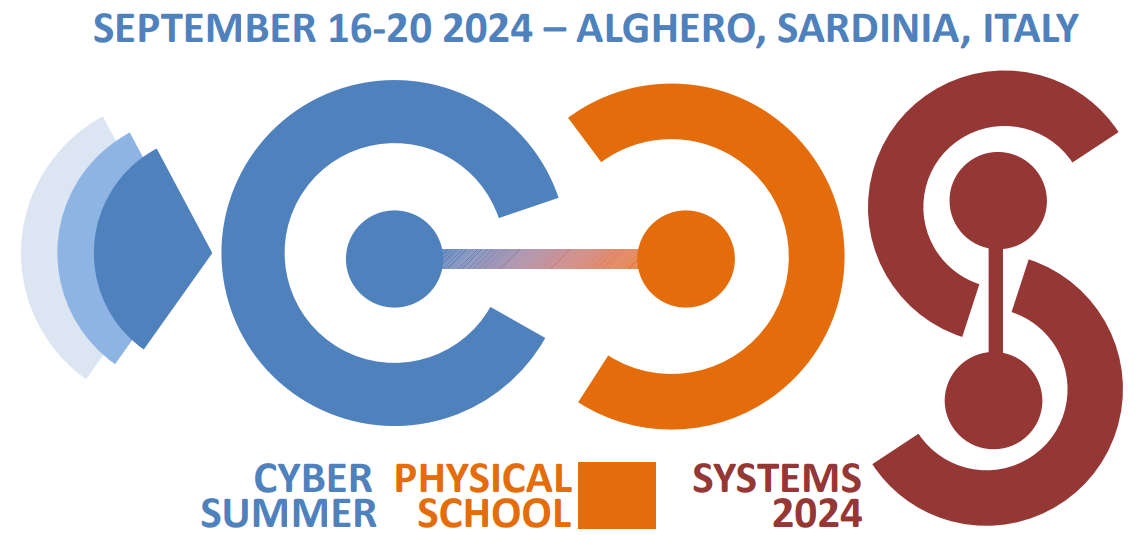Arrowhead: SoS Automation: Eclipse Arrowhead Framework
Abstract
This session explores the Eclipse Arrowhead framework from a developer’s perspective, providing a deep understanding of its principles, usages, and components, alongside a practical tutorial for implementing complex System-of-Systems (SoS). It begins with an
overview of the framework, emphasizing its key principles, goals, and advantages for SoS automation. The session will delve into the framework’s core principles, such as service-oriented architecture (SOA), decentralized automation, interoperability, scalability, modularity, and security. Participants will learn about the essential components of Eclipse Arrowhead and the development of local clouds.
Speakers

Cristina Paniagua received the M.Sc. in Industrial Engineering at University of Zaragoza, Spain 2017. In 2020 she received the PhD. Degree in Cyber-Physical Systems at Luleå Unversity of Technology. She was appointed Senior Lecturer at Luleå Unversity of Technology in 2023 and her research focuses on interoperability, Systems of Systems, Service Oriented Architecture, and Industry 4.0.
MYRTUS: Adaptive CNN execution on edge FPGAs
Abstract
MYRTUS contributes to create new knowledge in the computing continuum domain, with methodologies and tools for node execution and processing portability over edge-fog-cloud, including dynamic and seamless orchestration. MYRTUS Design and Programming Environment will provide optimal workloads placement, featuring HW-SW device-specific optimizations for figures such as energy consumption and performance.
This tutorial presents a design process of defining , quantizing and executing on an FPGA platform a Convolutional Neural Network (CNN) model. This process presents various trade off on model accuracy, performance and power consumption. Students will learn teoretical concepts to understand these tradeoffs and pratical skills to exploit the potentials of the presented state-of-the-art tools and framework. Finally, a demonstration of a MYRTUS design methodology to achieve adaptivity in the execution of CNNs on edge FPGAs will be given.
Speakers
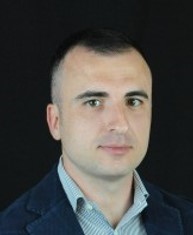
Dr. Claudio Rubattu is an assistant professor at the University of Sassari (Italy). He received his M.S. degree in Electronic Engineering from the University of Cagliari (Italy) and his PhD in Signal, Image, Vision from INSA Rennes (France). He has collaborated with the University of Cagliari and the University of Sassari as a research assistant in the context of European projects. He has been consulting as a digital electronic engineer for a private company working on European Space Agency projects. His research mainly focuses on the management of reconfigurable hardware for embedded systems, CPSs, and edge computing. He serves on the Organizing Committee of the CPS Summer School and the Technical Program Committee of IEEE SiPS.
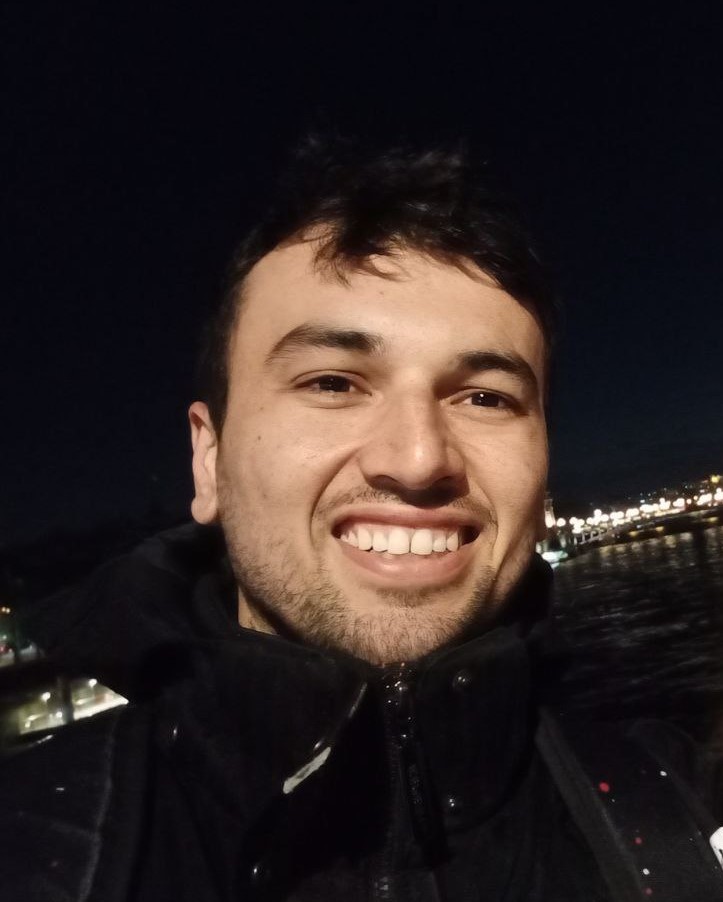
Dr. Francesco Ratto is a Research Associate at the University of Cagliari. He received his PhD degreee in Computer Engineering from the University of Cagliari. He has been visiting student at the TU Dresden and at the University of Maryland, and postdoc researcher at the University of Sassari.
His research is mainly focused on design automation for reconfigurable systems and edge machine learning. He serves on the Organization Commitee of the CPS Summer School and on the Artifact Evaluation Commitee of RAW.
Secured project tutorial: Privacy preserving
Abstract
Large amounts of data are being collected thorough the new generation of digital medical devices, from diagnostic equipment to implantable devices. Increasingly, this data is being used to make decisions (such as diagnoses) on patients, and hence its security and privacy must be guaranteed. Often, Cyber-Physical Systems are used: for instance, an implantable automatic defibrillator, which makes an automatic decision to deliver an energy electric shock to the heart of someone who is in cardiac arrest. However, current security techniques have a high overhead, which makes them difficult to implement on constrained devices: the efficiency of the security techniques must therefore be increased, to enable the technology to be deployed more widely.
The EU-funded SECURED project aims to increase efficiency by scaling up multi-party computation, homomorphic encryption, data anonymisation, and private and unbiased AI, which are key security and privacy technique used on medical devices. In this tutorial, we will demonstrate how secure computation techniques including homomorphic encryption can be adopted in constrained settings, and applied to CPSs and medical devices. Students will be introduced to the basic of secure computation and will practice with state of the art libraries implementing the presented techniques.
Speakers
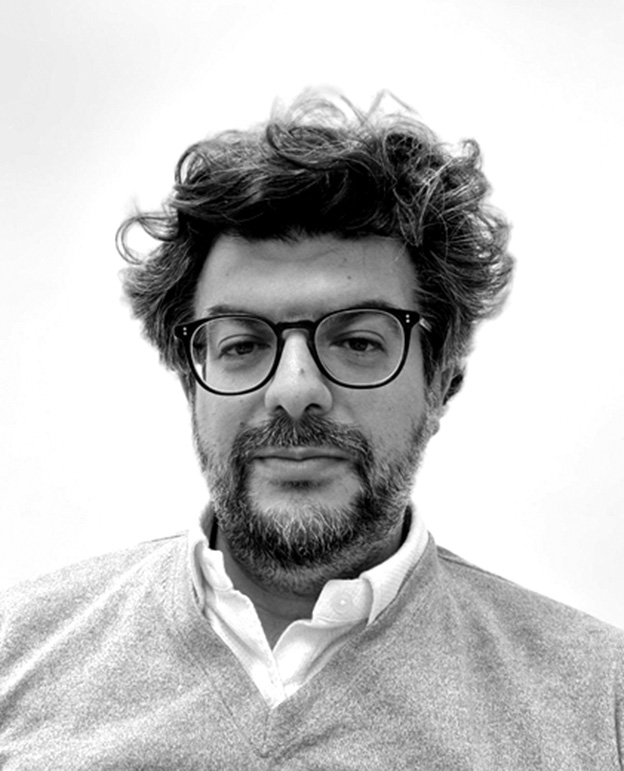
Dr. Apostolos Fournaris is a Principal Researcher (Research Associate Professor) in Industrial Systems Institute of Research Center ATHENA. He has worked for the Information and Communication Technologies Lab in Sophia Antipolis Hitachi Europe SAS European R-D Centre for two years on Hardware Security and Trust research. He has acted as a visiting lecturer at Monash University, Australia for 2 year and as an adjunct Assistant Professor in the University of Patras and University of Peloponesse for more than 10 years. His main research interests are IoT, Edge Embedded System/Cyber-Physical system hardware and software security with focus on industrial and critical infrastructures, Implementation attacks and resistance techniques on hardware or Software implemented security systems (Microarchitectural attacks (Rowhammer, cache attacks), Side channel attacks, fault injection attacks, Hardware Trojans) and Cryptographic Engineering on Public Key, PostQuantum cryptography and Homomorphic Encryption. He has published more than 100 research articles in international conferences and journals on hardware security and trust, cryptographic engineering and industrial CPS research topics.

Paolo Palmieri is a Tenured Assistant Professor (Lecturer above the Bar) in Cyber Security at University College Cork, Ireland, and holds a PhD in Cryptography from the Université catholique de Louvain in Belgium. His research work focuses on cryptography, privacy and anonymity and his interests include secure computation, privacy-enhancing technologies, anonymity protocols and de-anonymization, location privacy and the security of smart cities and e-health. He is a Funded Investigator in two large national research centers (CONNECT and Insight), and his research has been supported by several grants from Science Foundation Ireland, Enterprise Ireland and the EU Horizon Europe program.
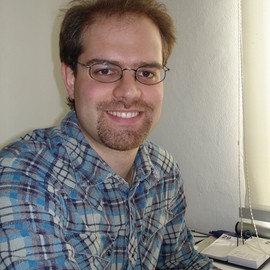
Dr. Francesco Regazzoni is a Tenured UD1 at the University of Amsterdam (Amsterdam, The Netherlands) and also affiliated with Università della Svizzera Italiana (Lugano, Switzerland). He received his Master of Science degree from Politecnico di Milano and his PhD degree at Università della Svizzera Italiana. He has been assistant researcher at the Université Catholique de Louvain and at Technical University of Delft, and visiting researcher at several institutions, including NEC Labs America, Ruhr University of Bochum, EPF Lausanne, and NTU Singapore. His research interests are mainly focused on embedded systems security, covering in particular side channel attacks, electronic design automation for security, hardware Trojans, and low energy cryptography. He has published more than 130 peer reviewed papers in the area of security and design automation, (including CHES, DAC, DATE, HOST, EUROCRYPT and ASIACRYPT) and has been in the technical program committed of top conferences of the area (including CHES, DAC, DATE, ICCAD, HOST, and COSADE). He is currently the coordinator of the SECURED Horizon project.
